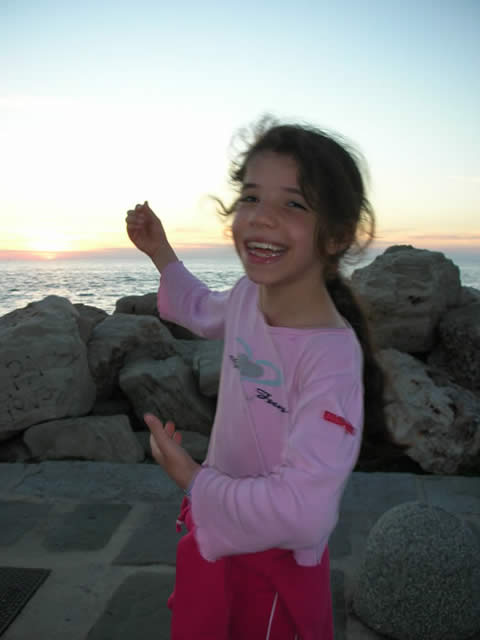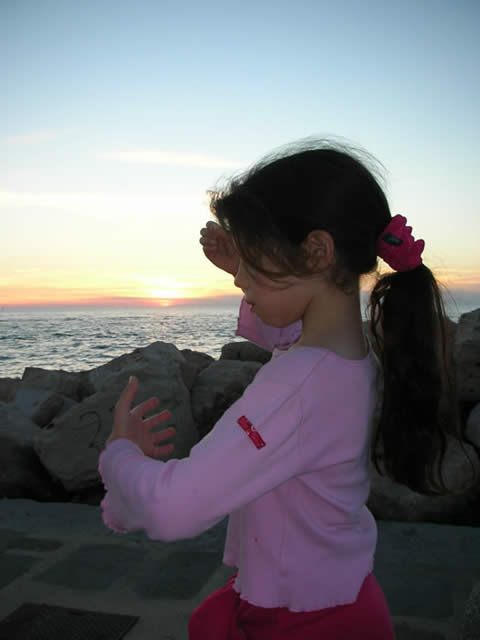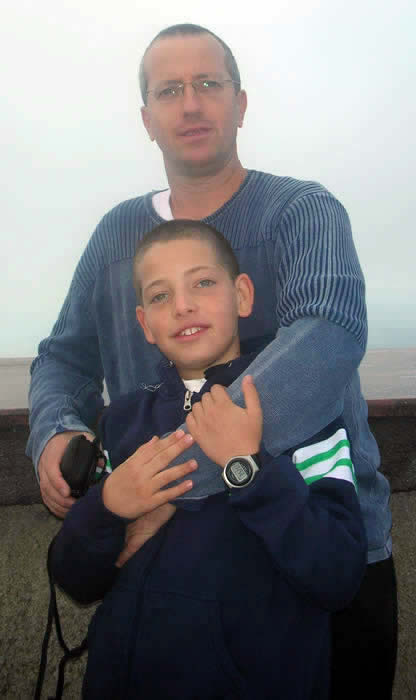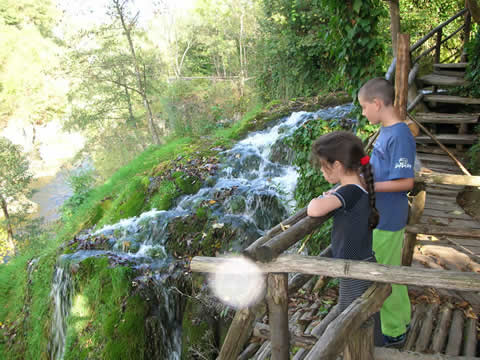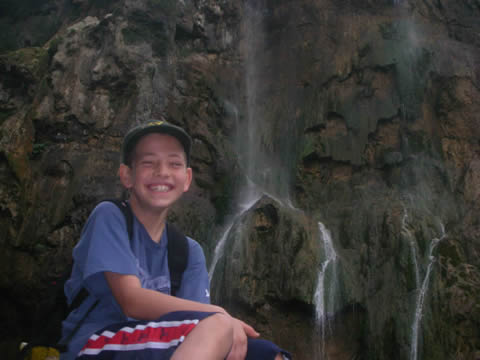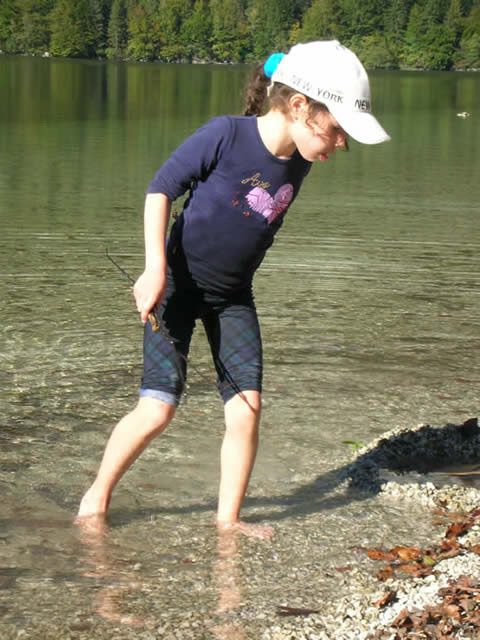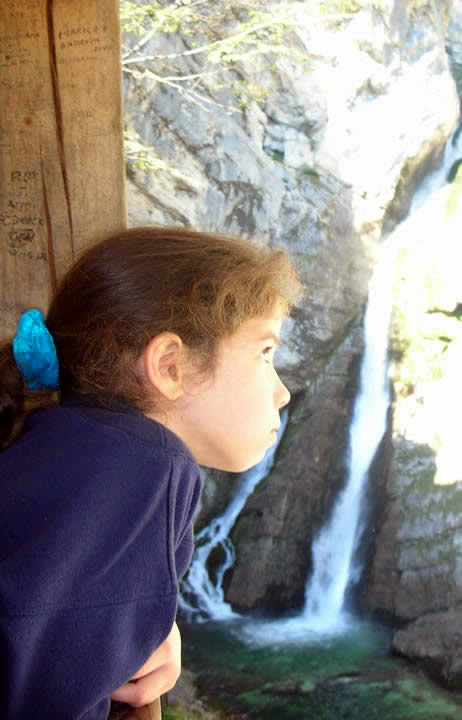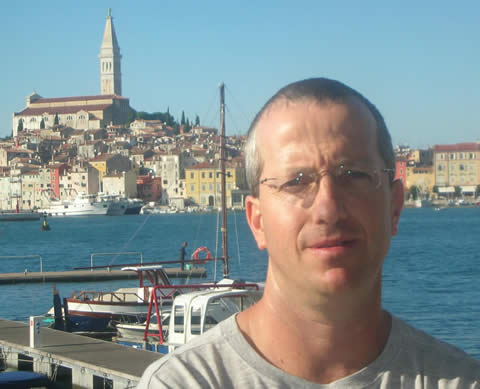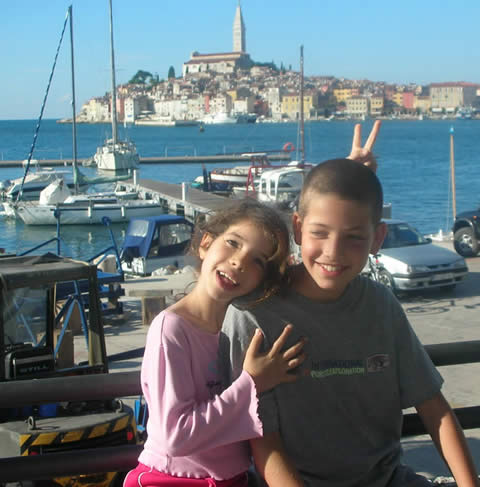|
Back to Overview of all sculptures in the fourfold library of "InteGRATion into GRATeFULLness"
![]()
InteGRATion into
GRATeFULLness
Nourishment from Others
interspersed with my questions, observations or experiences,
juxtaposed with images, not necessarily connected to the text.
2007_10_28-31
Focusing by Eugene T. Gendlin 1978
Most important: Gendlin's term of "The Felt Sense"
Third Page |
The subject of the images here is also "Water"
and also "Micha and his family",
but by contrast this "Water" is not in the desert, not even in Israel,
but in Croatia,
and my participation in the family's trip - also in October 2006 - was only
via photos.
When I chose and edited some photos for myself, - not knowing the names of
the places,
I gave some of the water photos titles from biblical desert - water songs....
|
p.75 p.76 The body senses vastly much more than we
can think. p.77 The body knows it p.78
A vast Space To do the first movement put your attention
in your body, p.79
|
The Sea and Ayelet
The Sea and Micha and Arnon |
|
The FRIENDLY HEARING
[SELF-ACCEPTANCE] till p. 82
|
[2006_10_26- an hour and
a half, Also while learning the new things "The great of earth, |
|
Society mostly gives you the same unfriendly hearing
p.81
|

|
p.83
It may be that conscious direction is needed
on one part of the process. p.85 p. 90
p.91 "Before I could learn to focus",
someone said to me,
p.92 To bring yourself back, you need to be gentle,
|
|

|
If You Have Few Feelings It may seem to you that you are simply not
very complicated inside, p.93 Practice: p. 94 If you feel blank, or stuck, or empty - p.95 In this way you respect your body's sense of what
has to be taken up next. p.96 "I don't want to open the lid" [Rachel:
|
|
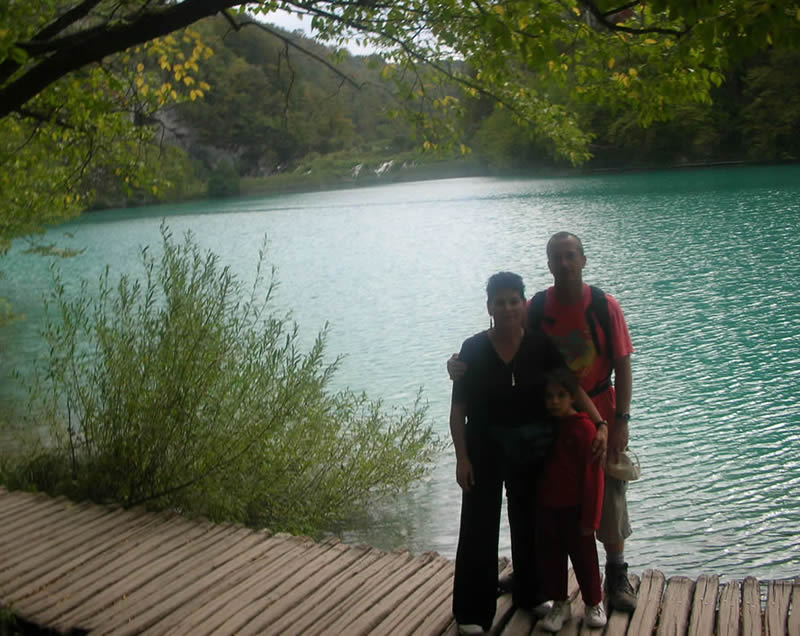
|
If Too Many Feelings Come Too Fast "Take any one, and stop it, and stay with it" p.98 The best way to deal with the critic (everyone
has one!) p.99 "I go right to my bad feeling, and feel bad as always" "When I came in here I felt fine, p.100 You can focus while you are waiting
for a bus. p.101 As you focus on a felt sense you may get further emotions coming
out of it.
|
|

Third Page |
to
former source of "Nourishment from Others"  to
next source of "Nourishment from Others"
to
next source of "Nourishment from Others"
February 2014
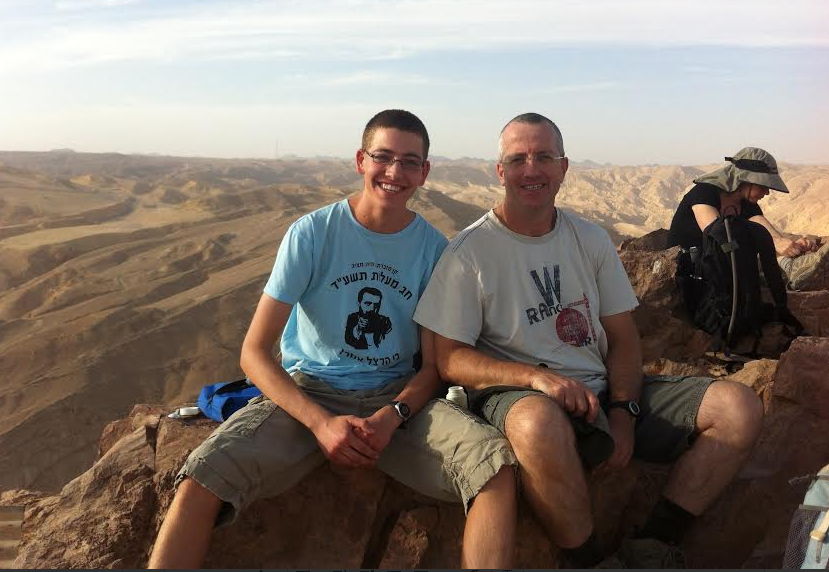
Micha and Arnon on one of their weekly
jeep- and mountain-bike hikes
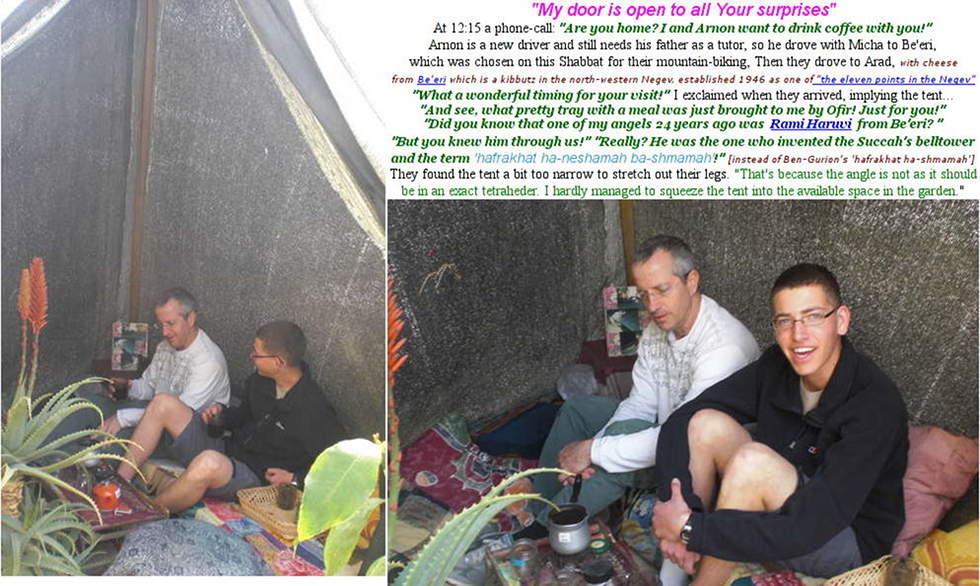
Micha and Arnon visit me on Febr. 15, 2014 -s. original
page

